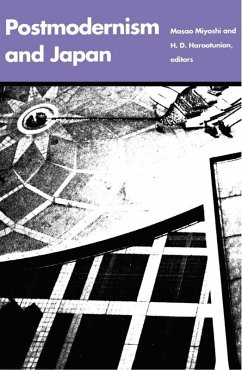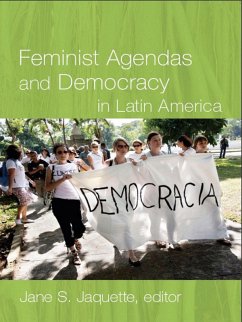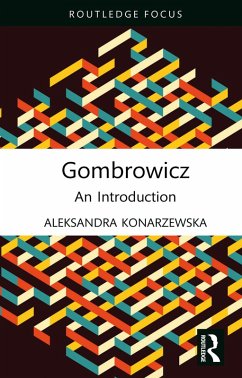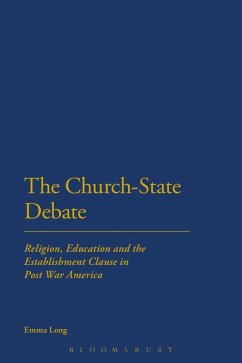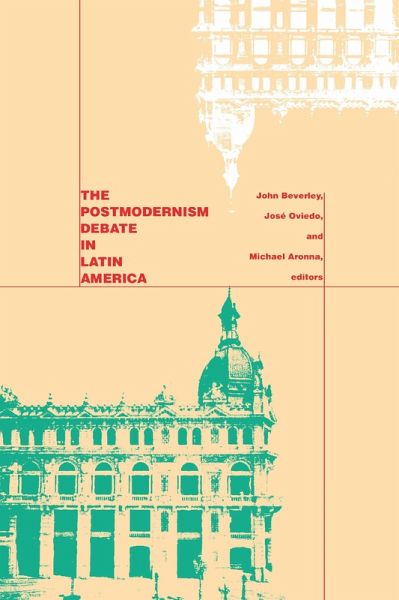
Postmodernism Debate in Latin America (eBook, PDF)
Versandkostenfrei!
Sofort per Download lieferbar
144,95 €
inkl. MwSt.
Weitere Ausgaben:

PAYBACK Punkte
72 °P sammeln!
Postmodernism may seem a particularly inappropriate term when used in conjunction with a region that is usually thought of as having only recently, and then unevenly, acceded to modernity. Yet in the last several years the concept has risen to the top of the agenda of cultural and political debate in Latin America.This collection explores the Latin American engagement with postmodernism, less to present a regional variant of the concept than to situate it in a transnational framework. Recognizing that postmodernism in Latin America can only inaccurately be thought of as having traveled from an...
Postmodernism may seem a particularly inappropriate term when used in conjunction with a region that is usually thought of as having only recently, and then unevenly, acceded to modernity. Yet in the last several years the concept has risen to the top of the agenda of cultural and political debate in Latin America.This collection explores the Latin American engagement with postmodernism, less to present a regional variant of the concept than to situate it in a transnational framework. Recognizing that postmodernism in Latin America can only inaccurately be thought of as having traveled from an advanced capitalist "e;center"e; to arrive at a still dependent neocolonial "e;periphery,"e; the contributors share the assumption that postmodernism is itself about the dynamics of interaction between local and metropolitan cultures in a global system in which the center-periphery model has begun to break down. These essays examine the ways in which postmodernism not only designates the effects of this transnationalism in Latin America, but also registers the cultural and political impact on an increasingly simultaneous global culture of a Latin America struggling with its own set of postcolonial contingencies, particularly the crisis of its political left, the dominance of neoliberal economic models, and the new challenges and possibilities opened by democratization.With new essays on the dynamics of Brazilian culture, the relationship between postmodernism and Latin American feminism, postmodernism and imperialism, and the implications of postmodernist theory for social policy, as well as the text of the Declaration from the Lacandon Jungle of the Zapatatista National Liberation Army, this expanded edition of boundary 2 will interest not only Latin Americanists, but scholars in all disciplines concerned with theories of the postmodern.Contributors. Xavier Albo, Jose Joaquin Brunner, Fernando Calderon, Enrique Dussel, Nestor Garcia Canclini, Martin Hopenhayn, Neil Larsen, the Latin American Subaltern Studies Group, Norbert Lechner, Maria Milagros Lopez, Raquel Olea, Anibal Quijano, Nelly Richard, Carlos Rincon, Silviano Santiago, Beatriz Sarlo, Roberto Schwarz, and Hernan Vidal
Dieser Download kann aus rechtlichen Gründen nur mit Rechnungsadresse in A, B, BG, CY, CZ, D, DK, EW, E, FIN, F, GR, HR, H, IRL, I, LT, L, LR, M, NL, PL, P, R, S, SLO, SK ausgeliefert werden.




